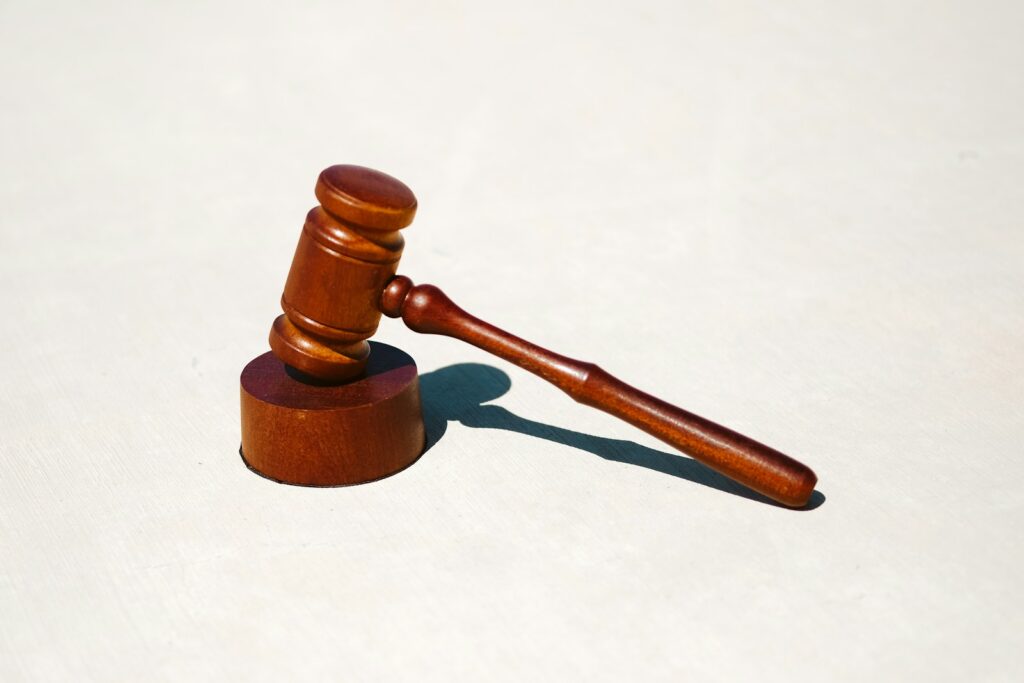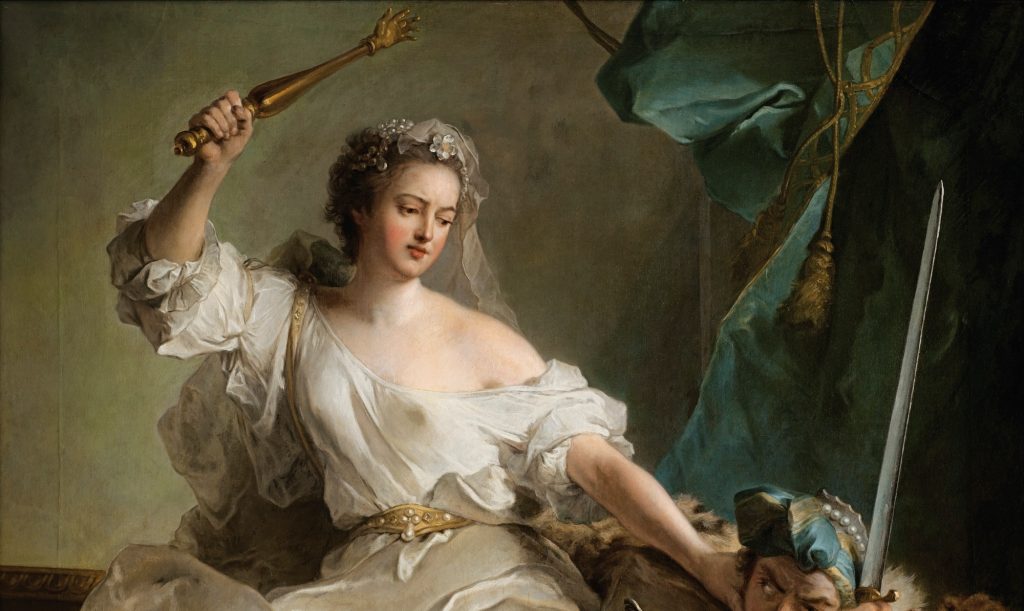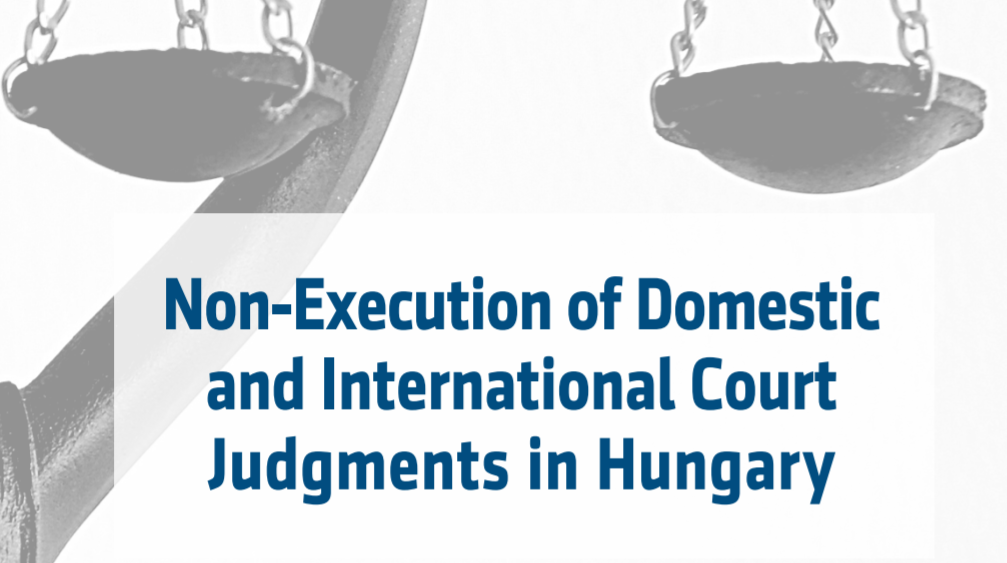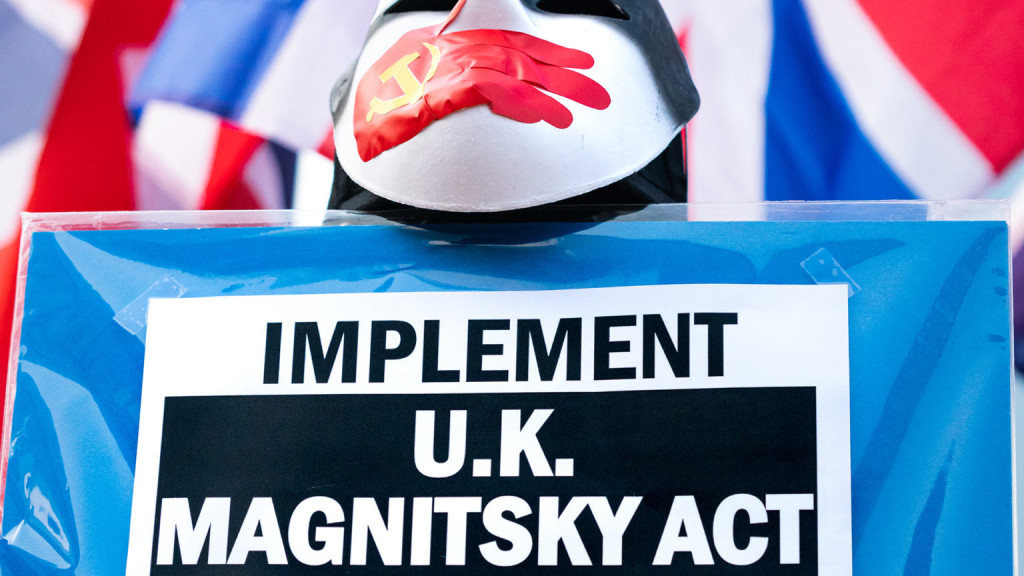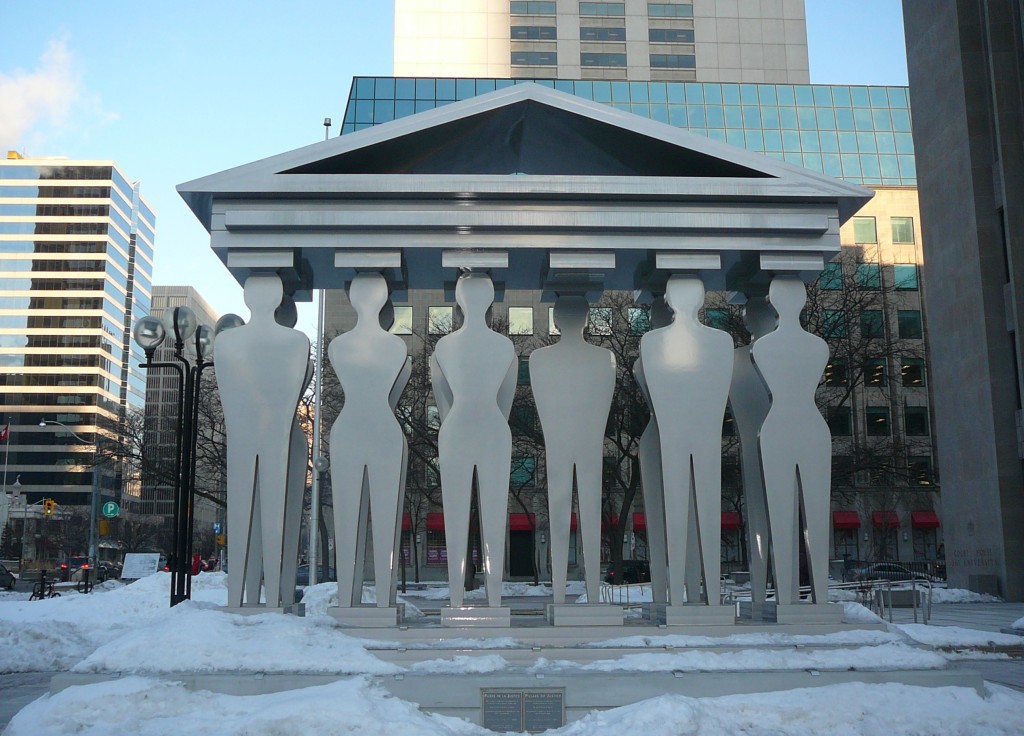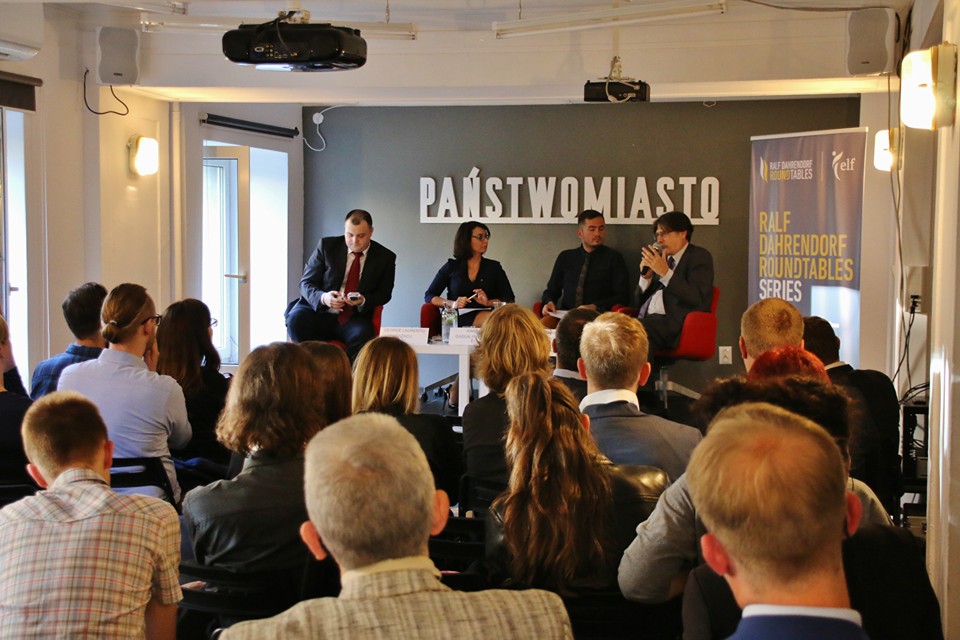
Judicial Withdrawals in Bulgaria – Data with Consequences
According to the European Court of Human Rights (ECtHR) in the case of Bosev v. Bulgaria the inclusion of rules for judicial recusal and withdrawals in national legislation reflects the legislator’s care “to eliminate any legitimate doubt as to the impartiality of a judge or court and represents an attempt to ensure impartiality by removing the causes of concern in this area”.



